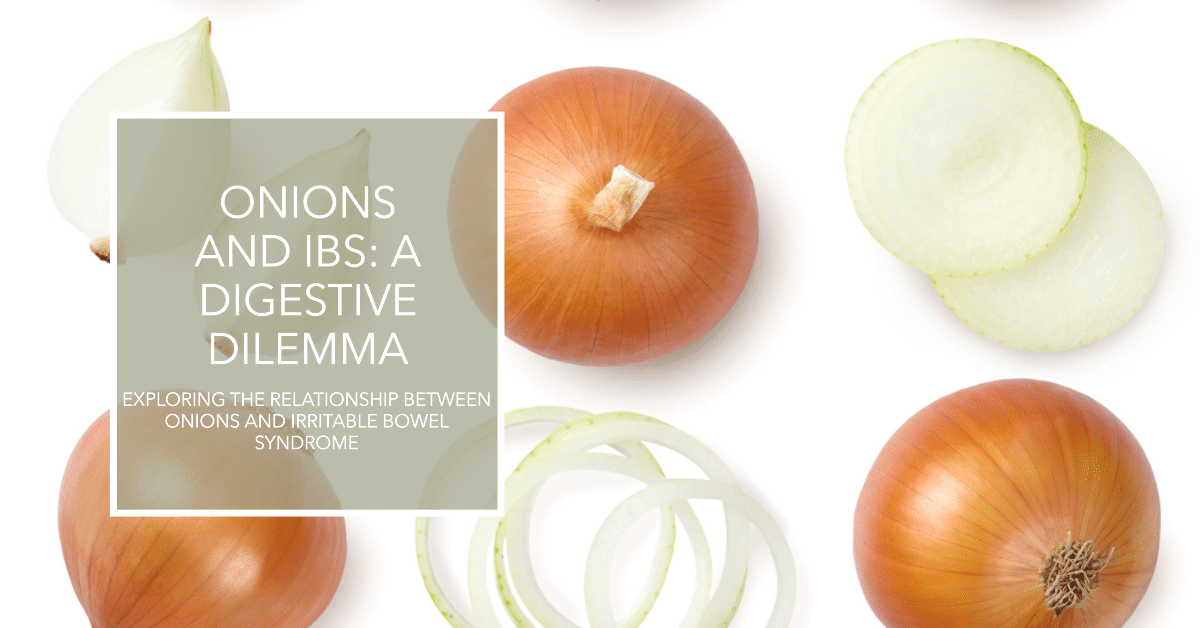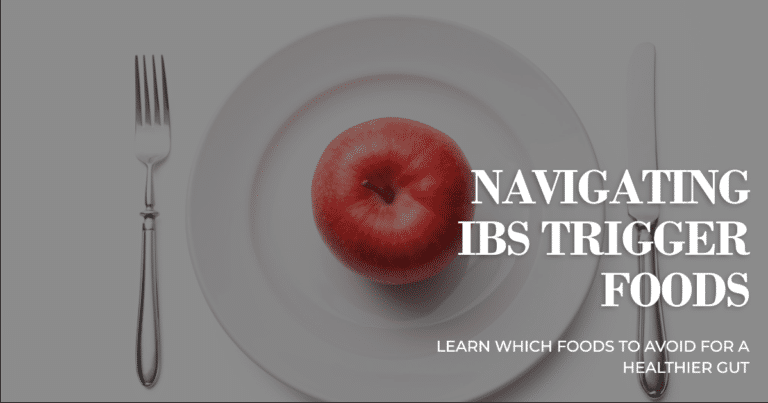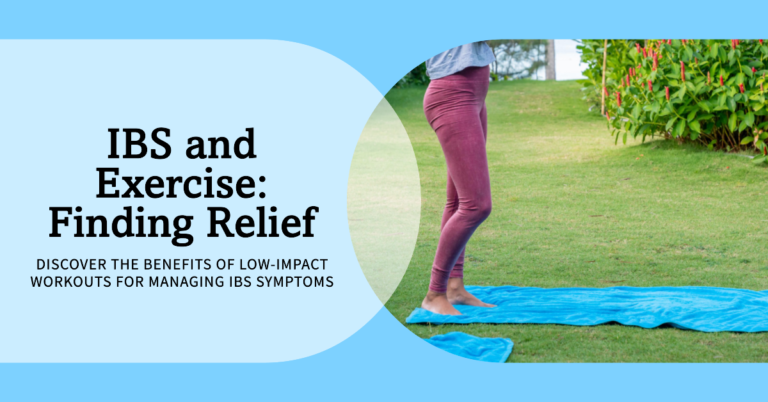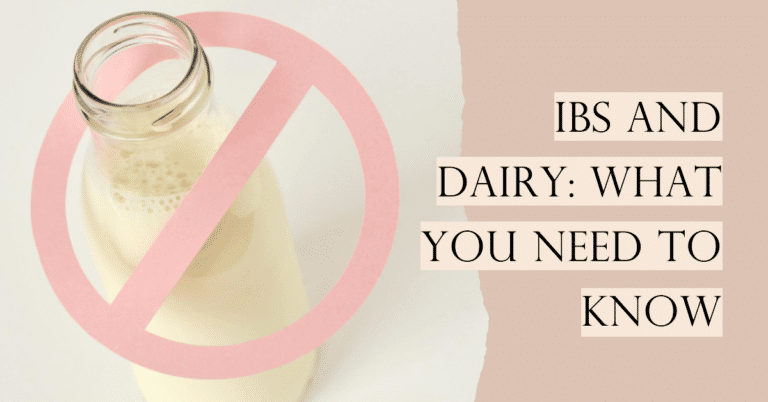IBS and Onions: How this Culinary Staple Can Trigger Symptoms

For those battling irritable bowel syndrome (IBS), onions, whether red, white, or spring, can be an unwelcome trigger, inducing intolerance symptoms like bloating and pain.
Considering onion substitutes like chives, green tops of spring onions, or even garlic powder can offer flavorful relief.
Remember, when considering the link between IBS and onions, it’s all about gut health; some individuals may be able to tolerate specific foods while others can’t.
Exploring these options is key to managing this common gastrointestinal disorder and understanding which foods trigger IBS.
Dive in to find out more about how onions play a role in causing IBS flare-ups.
Key Takeaways
- Onions contain fructans, a FODMAP that many with IBS have difficulty digesting, leading to gas and bloating.
- The amount of onion that causes problems varies by individual. Pay attention to your personal tolerance.
- Substitutes like green onion tops, garlic-infused oil, asafoetida powder, and lemon juice can provide additional flavor and prevent onions triggering your IBS.
- Cooking techniques like sauteing onions separately and infusing oils allow you to impart flavor while removing onions.
- Consider gut-led hypnotherapy led by apps like Nerva IBS as an alternative to restrictive diets like low-FODMAP.
Why Do Garlic and Onions Trigger Issues for People With IBS?
Garlic and onions contain fructans, a type of carbohydrate that many people with IBS have difficulty properly digesting. Specifically, onions and garlic are high in fructo-oligosaccharides (FOS).
When fructans travel undigested to the small intestine, the gut bacteria begin to ferment them. This fermentation process results in gas, bloating, and other common IBS symptoms.
In addition to onions and garlic, other high FODMAP foods containing fructans include wheat, rye, and barley. Following a low FODMAP diet can help identify triggers and reduce symptoms.
How Much Onion or Garlic Can You Tolerate?
The amount that triggers IBS symptoms varies by individual. Some people can tolerate small amounts, while others need to avoid them completely.
Pay attention to your symptoms after eating dishes with onions or garlic to determine your personal tolerance threshold. Track servings along with gastrointestinal issues in a food journal.
In general, 1/4 cup of chopped onion or 1 garlic clove are considered high FODMAP portions. All common types tend to be high in FODMAPs.
Can You Still Enjoy Onion Flavor Without Eating Onions?
While onions and garlic add tremendous flavor to savory dishes, there are substitutions you can use:
- Green onion tops
- Asafoetida powder
- Onion powder
- Garlic-infused oil
With a combination of these options, it’s possible to impart that savory onion and garlic taste without the digestion issues.
Get creative with herbs, spices, citrus, onion powders and more based on the flavors you enjoy.
Handy Tips for Cooking Without Onion or Garlic
Here are some helpful tips for cooking flavorful low FODMAP meals:
- Saute onion or garlic separately to easily remove before serving.
- Start with small amounts of green onion tops or asafoetida powder, and add more if needed.
- Infuse oils by simmering chopped garlic or onions in oil, then removing solids.
- Search for recipes designed to be low FODMAP and avoid onions/garlic.
How Do You Know Which Foods Trigger Your IBS?
The best way to identify triggers is to track your diet and symptoms in a detailed food and symptom journal. Document everything you eat and any gastrointestinal issues.
Start an elimination diet by cutting out high FODMAP foods for 2-6 weeks. Then slowly reintroduce foods like onions and wheat one at a time while noting reactions. This can pinpoint sensitivities.
Pay close attention to triggers like bloating and abdominal pain after eating certain foods. Adjust your diet by limiting or avoiding problematic foods.
Can Special Diets Like Low FODMAP Help IBS?
Research shows that following a low FODMAP diet can dramatically improve IBS symptoms like bloating, pain, constipation and diarrhea.
The low FODMAP diet was specifically designed by experts at Monash University to manage common symptoms of IBS through dietary changes .
FODMAPs refer to certain short-chain carbohydrates that can be difficult to properly digest. It stands for: stands for fermentable oligosaccharides, disaccharides, monosaccharides, and polyols.
Foods high in these FODMAPs commonly cause issues in people with IBS. By identifying your personal high FODMAP triggers and focusing on low FODMAP foods, you can gain control over IBS symptoms.
Final Thoughts on Onions and IBS
Say goodbye to the discomfort of IBS triggers with a smart diet adaptation. If you’re intolerant to high fructan content foods like white and red onions, don’t despair.
Swapping them out for alternatives like green onion tops or fermented onions can greatly alleviate symptoms such as bloating, gas, and abdominal pain.
For a burst of flavor, consider using garlic-infused oil, fresh herbs, spices, and lemon juice. Engage with a registered dietitian well-versed in the low FODMAP diet to customize your menu with delicious, low fructan options.
Embrace this culinary adventure with open arms and let your kitchen be a playground for creating flavorsome recipes that won’t disrupt your well-being.
With a dash of creativity, you’ll never miss the irritating zing of onions!
Also Read: IBS and Eggs: Can This Common Food Cause Your Flare-ups?
Disclaimer: This content is based on my personal experience as an individual diagnosed with celiac disease and IBS (Irritable Bowel Syndrome) who follows a strict gluten-free diet. This does not constitute medical advice. Please consult a medical professional, nutritionist, or qualified dietitian for personalized, professional advice.






